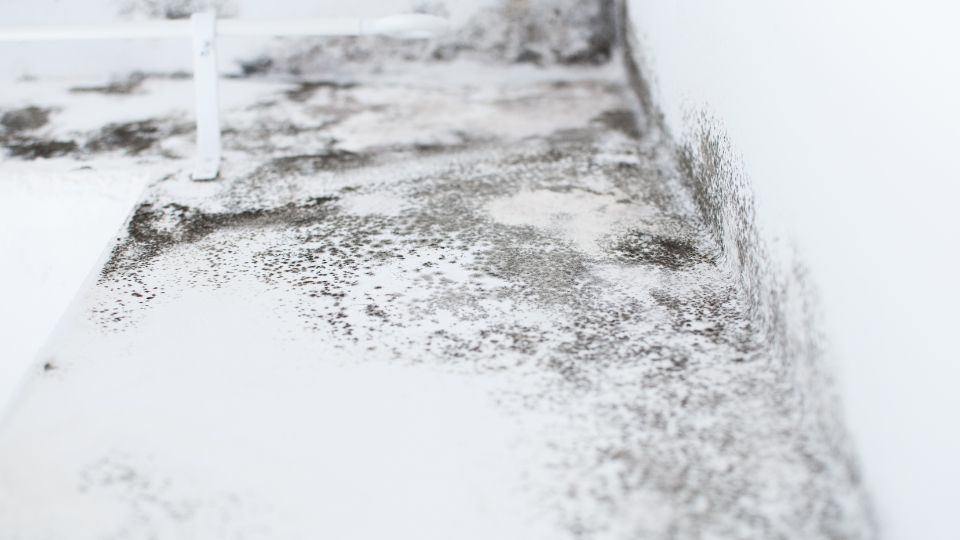Mold growth is a common problem in many homes and buildings. While most mold is not harmful, some types of mold can produce toxins that can cause health problems. The most common indoor molds are Cladosporium, Penicillium, and Aspergillus. These molds are often found on wet surfaces, such as bathrooms, kitchens, basements, and laundry rooms. Research by the National Library of Medicine states that around 50 percent of US homes have water damage which leads to mold infestation.
Mold exposure can cause various health problems, including respiratory problems, headaches, skin rash, and fatigue. Some people are also sensitive to mold and may experience more severe reactions, such as fever, shortness of breath, and digestive problems.
How Does Mold Affect Your Gut Health?
Mold can be ingested, inhaled, or come into contact with your skin. Once mold spores enter your body, they can travel to any organ and begin to grow. However, most mold exposure occurs through inhalation.
Mold contains mycotoxins, poisonous substances that can damage your gut health.
Mycotoxins contain harmful toxins like aflatoxin, ochratoxin, and trichothecenes. These toxins can cause inflammation in your gut.
You may experience symptoms like:
- abdominal pain
- bloating
- diarrhea
- constipation
- nausea
- vomiting
Read this article: How Do I Know If I’m Allergic To Mold?
How Is Mold Infection in the Digestive System Detected?
Mold infection in the digestive system is often difficult to detect. The first step in diagnosis is usually a physical examination and medical history. Your doctor will ask about your symptoms and any possible mold exposure. They may also order blood tests or other laboratory tests to look for evidence of mold infection. A stool sample may also be taken to look for mold spores or other evidence of infection.
In some cases, an endoscopy or colonoscopy may be necessary to visualize the digestive system directly for evidence of mold infection. If you have been exposed to mold and have symptoms of a digestive system infection, you must see your doctor for proper diagnosis and treatment.
How Is Mold Infection in the Stomach Treated?
1. Antibiotics: for mold infection in the stomach, the first line of treatment is typically antibiotics—these work to kill off the harmful bacteria causing the infection.
2. Probiotics: These are live, beneficial bacteria that help keep your gut healthy. They are found in fermented foods like yogurt, sauerkraut, and kimchi, as well as in supplements. Probiotics can help reduce inflammation and improve digestion.
3. Digestive enzymes: These proteins help your body break down food. They are found in raw fruits and vegetables, as well as in supplements. Digestive enzymes can help improve digestion and reduce inflammation.
For expert mold inspection in Atlanta, contact Mold-B-Gone. “We will make sure your home is safe from harmful mold with our comprehensive mold testing and remediation services. To know more about mold effects on the body, read our blog: What Impact Does Mold Have On The Brain?”

